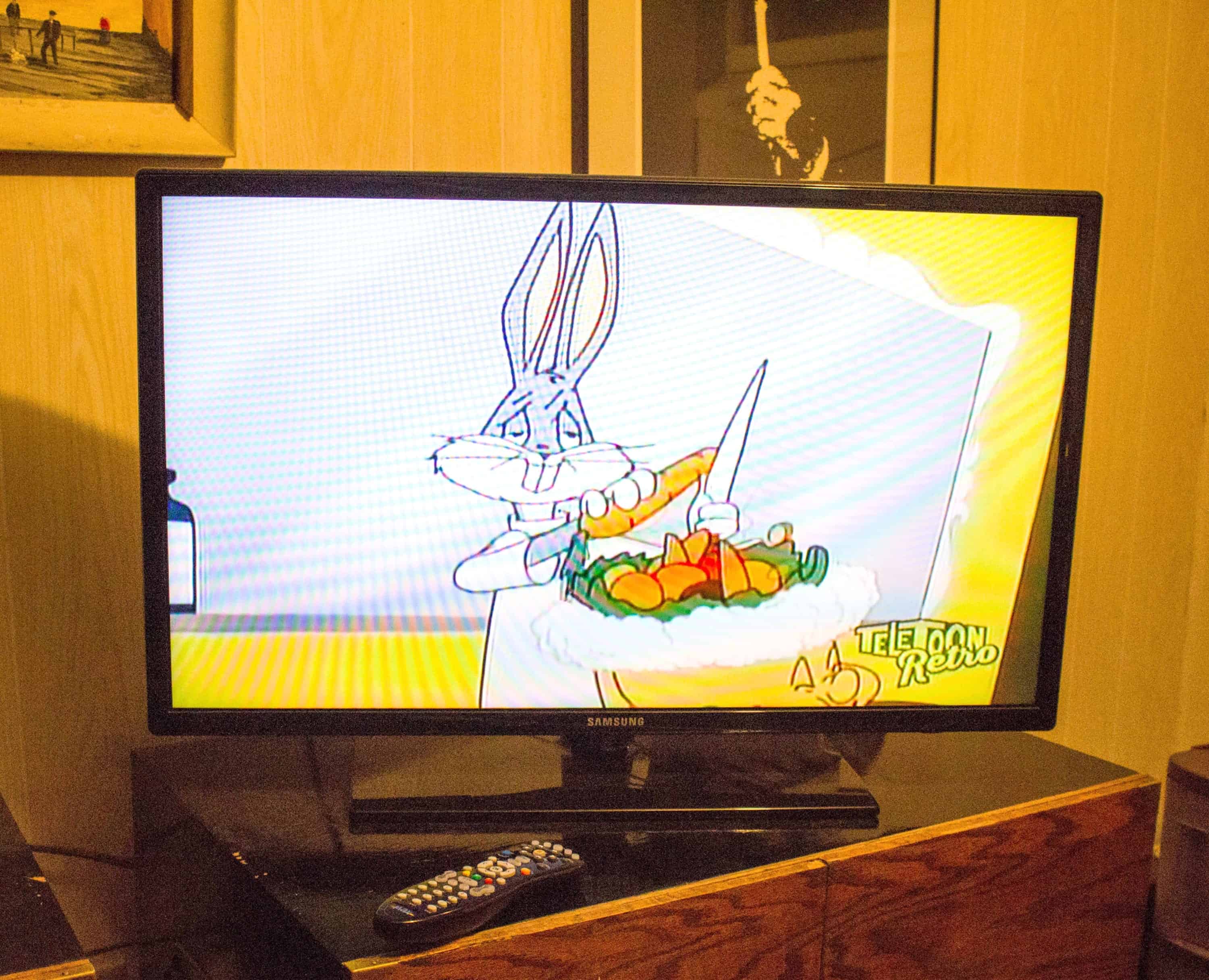
starting small and failing is how we succeed in big things
As the cliché goes, the perfect is the enemy of the good.
What this is supposed to mean is that perfection, even if attainable, often gets in the way of meaningful progress. Waiting to do something until we can do it perfectly often means never getting to do the thing at all.
For every skill we’ve mastered, we barely had any control over the first few tries. The violin player who sounds divine today likely made awful screeching noises the first time they tried, and for months after they left much to be desired.
Imagine a world, though, where students of the violin stopped because they did not immediately sound exquisite. Taking small, imperfect actions day after day eventually makes room for stunning displays of human ability.
Where we struggle, it seems, is in accepting that this same principle works for things less grand than arts and sports. Doing an awful job day after day and trying to get a little better is far superior to not doing something because you aren’t a master. This is how we become good writers, by writing absolute drivel a few times and being open to feedback about how we can do better.
This is how we become good at math, not giving in to early thoughts about how we are just not cut out for it. Not every one of us is going to change the landscape of mathematics like a John von Neumann or Isaac Newton. But, every single one of us can be better than we were yesterday.
I believe this focus on doing a little better and not waiting for perfection is a life skill in every sense. It is a mindset that helps us in building and maintaining relationships. It helps us take better care of ourselves, and of those around us. And in every walk of life, it helps us get out of a rut just by doing something, no matter how small or inadequate.
The first time we choose the fresh salad over the glazed donut. The first time we forgive a friend for a slight and reach out for a hug. The first time we turn the television off and reach for the book that is coated in a layer of dust. There is a lot of power in those first times, and even more in each subsequent time.
As we do the things that leave us a little scared, a little uncomfortable, and a little drained, it gets easier each time until one day, we realize we did not turn on the television all weekend. That we did not lash out in anger at a perceived slight and, instead, tried to imagine what the other person may have been thinking. That we did not drink half a dozen bottles of pop, and instead are in the process of filling up our water bottle.
We find it far easier to make room for grace and allowance for others than toward ourselves. We get mad at ourselves for falling short of standards we would never hold others too. There are those who try to defend this discrepancy by saying we should always hold ourselves to higher standards, which on the surface is good advice.
I guess the trick is to remember to aim for higher, not highest. It is very important to acknowledge where we are now and to then give ourselves two things: higher standards to work toward, and the permission to fail those standards over and over. It does not matter how many times we fail, as long as we do not give up completely.
I work on these issues every day and fail at them rather consistently. Yet, as I look back at the last six years, I have to admit that there have been substantial and meaningful changes in my life thanks to these efforts. For one, my definition of failure has changed significantly.
There was a time when failing at healthy eating used to mean I had a gallon of ice cream for dinner, or a bottle of pop for breakfast. Now it means I did not eat enough vegetables the last two days. There was a time when failing as a friend meant I lashed out and said truly hurtful things, knowing how much they will hurt the other person precisely because I am a friend they have shown their most vulnerable sides to. Today it means I was not good at checking in for a few weeks, which is something I can easily fix.
Famous comedian Jerry Seinfeld is known for his endorsement of something he calls “building the chain.” When asked how he writes such good content, Seinfeld once replied that the trick is to write every day, write bad content, write “all the trash out of you,” and eventually you will begin to write the good stuff.
In addition, he recommends getting a big wall calendar and drawing a large X on every day when you wrote something. To quote him, “after a while, you have a chain of Xs. Now your only task is to keep that chain going.”
I have taken this approach for many things in life, from learning a foreign language to reading more challenging books. For some of these goals, I spend as little as 10 minutes a day. But, looking back, 10 minutes a day for over 30 months is why I can now read German. 10 minutes a day for years and I am almost done reading a collection of classics on stoic philosophy. 10 minutes a day, starting today, might be how I someday run a marathon.
10 minutes a day, or 5, or 1 are all better than 0 minutes. Take some action today toward a tomorrow you would like. It does not need to be grand or move the earth. It just needs to be done enough times.









